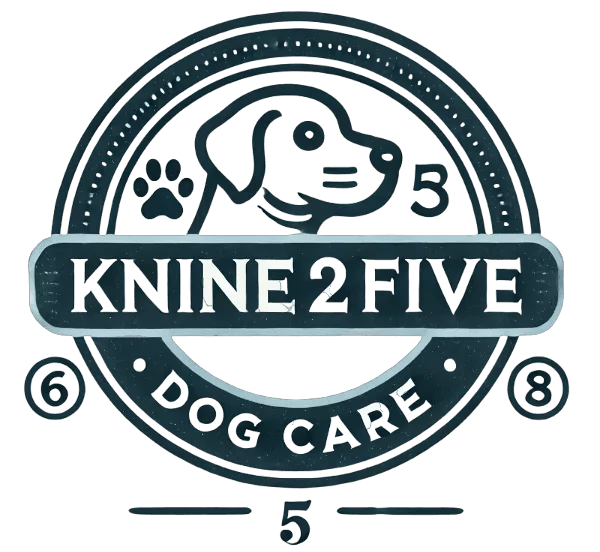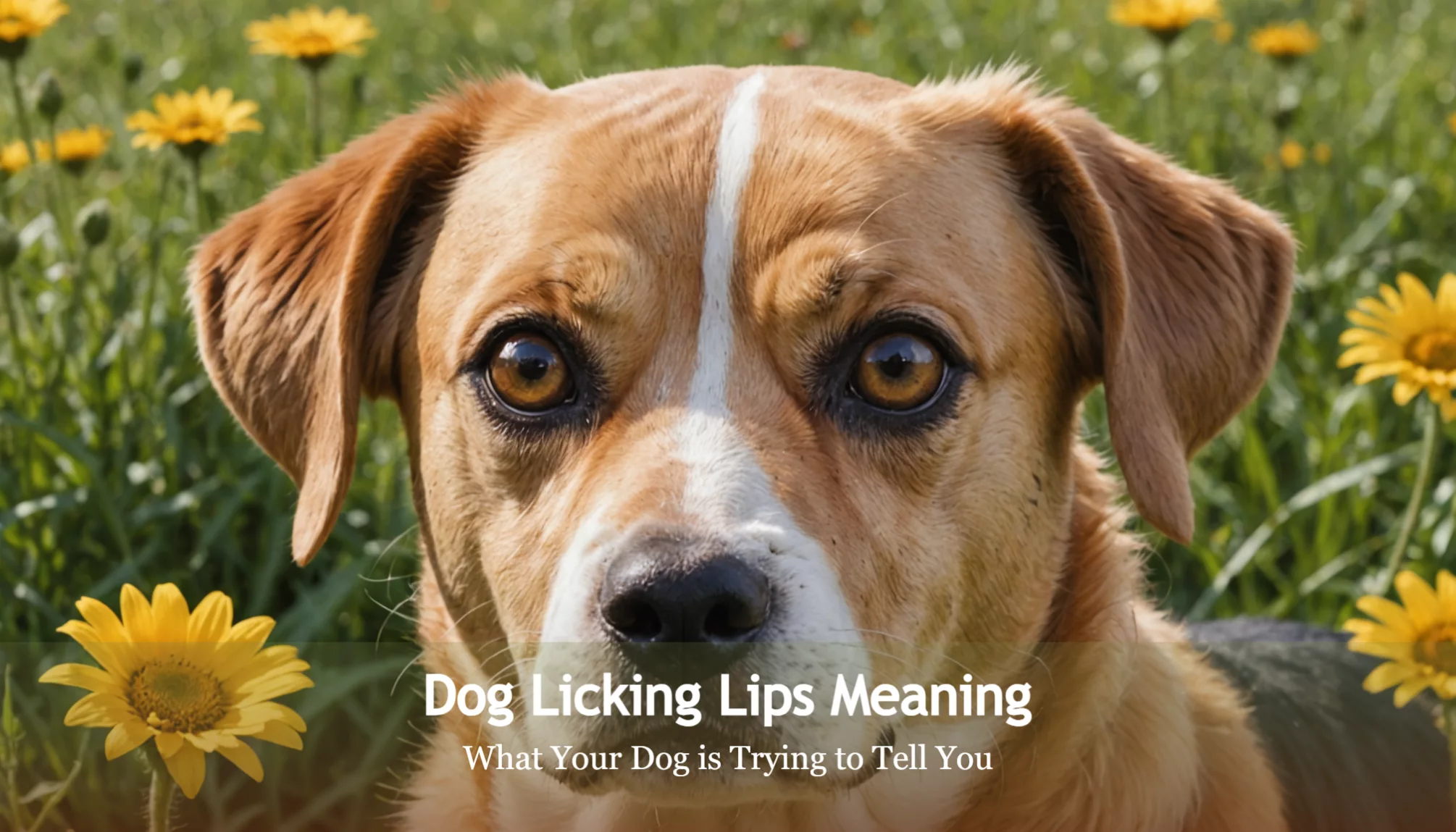Have you ever wondered what it means when your furry friend starts licking its lips? Understanding the dog licking lips meaning can help you decode your pup’s behavior and keep them happy and healthy. This common action might seem cute, but it can reveal a lot about how your dog is feeling, whether they’re hungry, anxious, or even unwell.
Knowing why dogs lick their lips is important for any dog parent. If we ignore these signs, it might lead to missed clues about their health or emotions. In this article, we’ll explore the reasons behind this behavior, the body language you can look for, and when it might be time to consult a veterinarian. Get ready to learn how to better communicate with your furry friend and ensure their well-being!
Understanding Dog Licking Lips Meaning

What Does It Mean When Dogs Lick Their Lips?
A dog’s lip licking is a way to communicate without using words. This action can show emotions like anxiety, excitement, or submission. For example, when a dog licks its lips, it might be expressing anxiety or trying to appease a more dominant dog or person. This behavior communicates a desire for peace and signals that they are not a threat.
Lip licking can also mean hunger or anticipation of food. When a dog smells or sees food, it might lick its lips in excitement, remembering a tasty meal or treat.
The Body Language of Licking Its Lips
The situation when a dog licks its lips is important. A relaxed dog might do this after eating, showing satisfaction. On the other hand, a stressed dog might lick its lips repeatedly in uncomfortable situations, like hearing loud noises or meeting strangers.
Consider the dog’s posture to understand its feelings better. Signs like a lowered head, flat ears, or a tense body might come with lip licking, indicating fear or anxiety. The tail also gives clues; wagging might mean excitement, while tucked could mean submission or fear. Additionally, pay attention to the dog’s eyes, as dilated pupils or wide-open stares can further indicate distress or aggression. Understanding these non-verbal cues is crucial for interpreting their emotions accurately. For a more comprehensive guide, you can refer to “dog ear signals explained,” which details how ear positions can affect communication between dogs and their owners.
How Dogs Communicate Through Lip Licking
Dogs have a complex way of talking with humans and other dogs. They notice emotions and respond to them. For instance, if a person is tense, a dog might lick its lips to ease the mood.
Dogs are good at reading human social cues, like eye contact and gestures. Lip licking can be part of this interaction, showing the dog wants to calm or connect with its owner or another dog. This subtle communication helps dogs manage their surroundings and relationships.
Recognizing these signals helps you understand your dog’s needs and strengthens your bond. Observing lip licking with other signs can lead to a better relationship with your pet.
Reasons Why Dogs Lick Their Lips
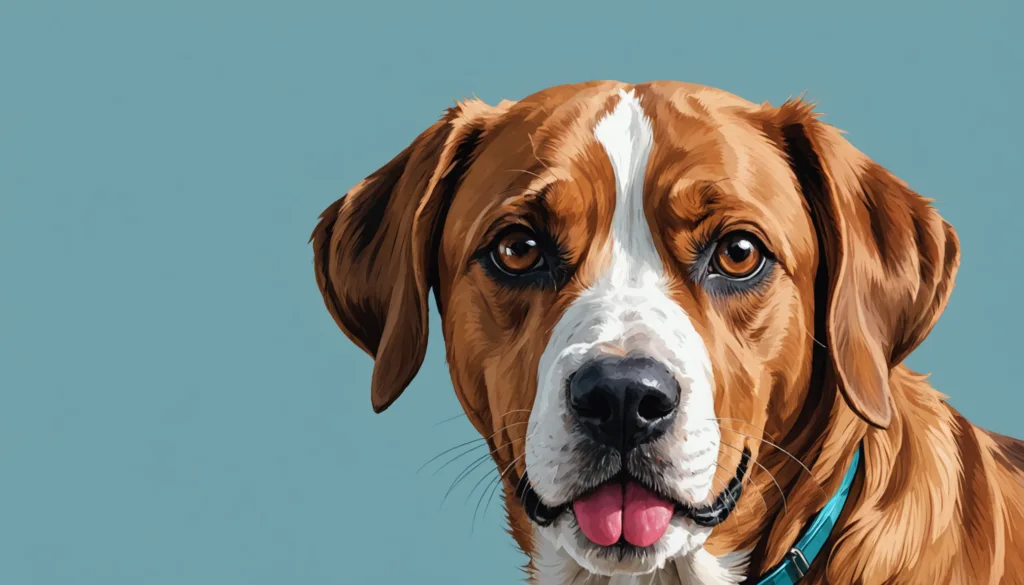
Common Reasons Dogs Lick Their Lips
Dogs lick their lips for many reasons, and knowing these can help owners understand their pets better. A common cause is the anticipation of food. When a dog sees or smells something tasty, it might lick its lips excitedly, much like humans might salivate at the thought of a delicious meal.
Dogs also lick their lips to clean themselves. After eating, they might lick to remove any leftover food particles, which helps keep their mouths clean. This is a natural grooming behavior.
Sometimes, dogs lick their lips when they feel happy. It can be a calming action that shows they are relaxed. For example, after playing or cuddling with their owner, a dog might lick its lips to show contentment.
Key Points:
- Lip licking can happen when dogs anticipate food.
- Dogs may lick to clean their mouths after meals.
- It can indicate happiness and relaxation.
Stress and Anxiety in Dogs
Lip licking can also signal stress or anxiety. When a dog feels threatened or uneasy, it might lick its lips to calm itself. This can happen during loud noises, in new places, or around unfamiliar dogs.
For instance, if a dog is at a busy park and feels overwhelmed, it may start licking its lips a lot. This behavior tells the owner the dog might be anxious. Observing when and where this occurs can help owners understand the dog’s feelings.
Signs of Stress:
- Loud noises or sudden movements may trigger lip licking.
- New settings might cause anxiety, leading to licking.
- Interactions with other dogs can also be stressful.
Hunger and Lip Licking
Hunger is another common reason for lip licking. When a dog is hungry, it might lick its lips while waiting to be fed. This often happens when the dog sees its owner preparing food or smells food nearby.
For example, a dog might start licking its lips when it smells dinner cooking. This shows eagerness to eat and signals that the dog is ready for a meal. Recognizing this can help owners manage feeding times effectively.
Hunger-Related Licking:
- Dogs lick their lips when they smell or see food.
- This behavior signals a readiness to eat.
- It helps owners know when their dog is hungry.
Excessive Lip Licking in Dogs: When to Worry
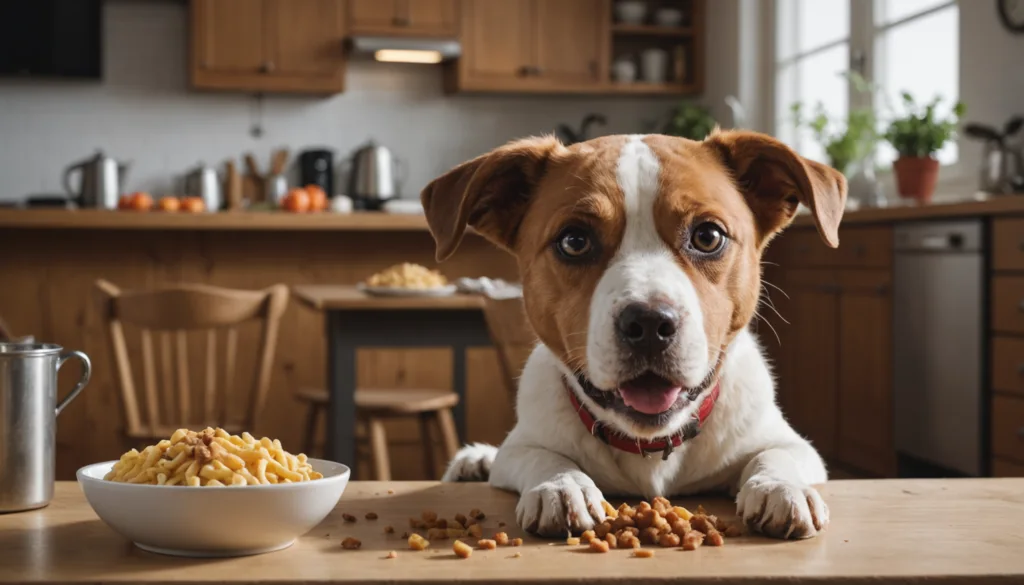
Identifying Excessive Lip Licking
Dogs often lick their lips for grooming, communication, or in response to certain stimuli. While this is usually normal, excessive lip licking can signal a problem. It is important to notice signs that suggest this behavior is excessive:
- Frequent and Repetitive Licking: If a dog constantly licks its lips more than usual, it may indicate an issue.
- Other Unusual Behaviors: Watch for behaviors like pacing, whining, or hiding. These can show stress or discomfort.
- Stressful Situations: Licking during stressful times may point to anxiety. [Wikipedia, Dog Behavior]
Medical Issues Indicated by Lip Licking
Excessive lip licking might indicate medical concerns. Understanding these issues helps dog owners respond promptly:
- Nausea: Dogs may lick their lips to ease an upset stomach when they feel nauseous.
- Pain or Discomfort: Problems in the mouth, like dental issues or injuries, can cause increased licking. [Wikipedia, Licking]
- Anxiety or Stress: Dogs with anxiety might lick their lips excessively, using this as a calming signal. [Wikipedia, Dog Behavior]
Steps to Take If You Notice This Behavior
If you spot excessive lip licking in your dog, it’s important to take action:
- Observe: Record how often your dog licks its lips. Note any other symptoms or changes in behavior.
- Consult a Veterinarian: If the licking is frequent or you suspect health issues, seek a vet’s advice to check for medical problems.
- Behavioral Assessment: If no medical issues are found, consult a pet behaviorist to address anxiety or stress-related behaviors.
Exploring Dog Breeds and Lip Licking Behavior
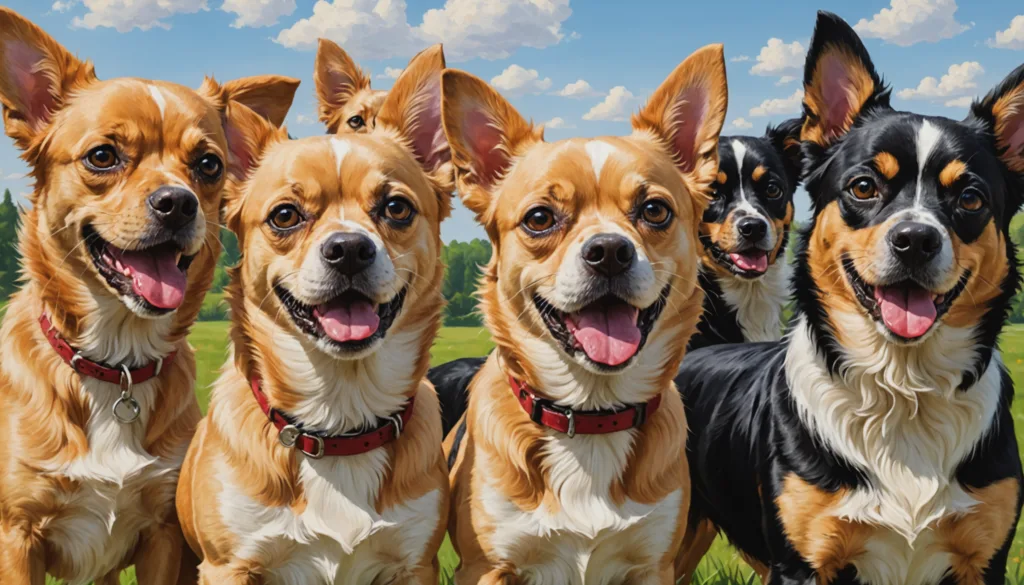
Certain Dog Breeds That Lick Their Lips More
Some dog breeds lick their lips more often. Labrador Retrievers and Beagles are known for their sensitive nature, which can lead to increased lip licking. For instance, a Beagle may start licking its lips when it sees food, showing anticipation. A Labrador might do the same when meeting new people, indicating friendliness mixed with anxiety.
Recognizing that some breeds naturally lick their lips can help dog parents distinguish between normal behavior and signs of stress or discomfort.
Why Smaller Breeds Might Lick Their Lips Differently
Smaller dog breeds, like Chihuahuas and Dachshunds, often use lip licking as social communication. They may lick their lips when interacting with people or other dogs to show submission or to appease. While larger breeds might lick in anticipation of food or due to anxiety, smaller breeds often focus on social signals. These dogs may lick their lips to show interest or to avoid conflict.
Behavioral Traits of Different Dog Breeds
Lip licking behavior can reflect broader traits of dog breeds. Outgoing breeds, like Golden Retrievers, may lick their lips during play. In contrast, more reserved breeds, such as Greyhounds, might do so less often, especially when feeling insecure or stressed. Understanding these traits helps dog owners interpret their pets’ actions and emotional states.
By observing how different breeds display lip licking, dog parents can better support their furry friends and address any underlying issues.
Citations
Expert Recommendations for Pet Parents
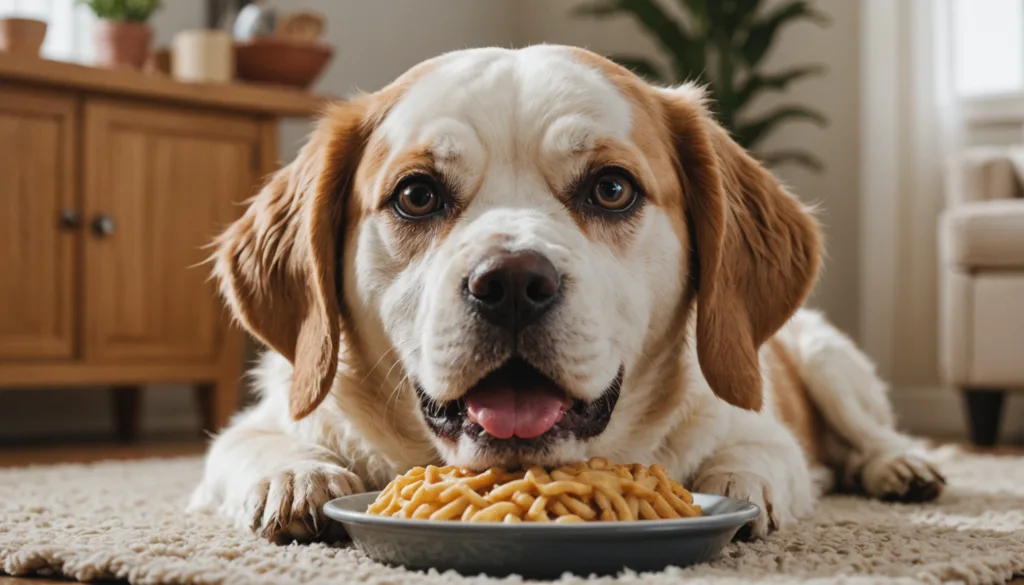
What to Do When You See Your Dog Licking Its Lips
When a dog licks its lips, watching their behavior is crucial. If the licking is occasional, it might mean the dog is hungry or curious. However, frequent licking can signal stress or discomfort.
Pet parents should:
- Monitor the Frequency: If linked to normal events like feeding, it’s likely harmless.
- Check for Other Symptoms: Look for distress, vomiting, or appetite changes.
- Consider Environmental Factors: Changes in environment or routine can cause anxiety.
If the behavior persists or seems unusual, consulting a veterinarian is wise to rule out health issues.
Best Dog Foods to Minimize Lip Licking
Proper nutrition can reduce lip licking in dogs. Foods that are easy to digest and allergen-free may prevent discomfort.
Consider these types of dog foods:
- Easily Digestible Options: Choose foods with chicken, rice, or fish. These are gentle on the stomach.
- Limited Ingredient Diets: Fewer ingredients help avoid allergens causing gastrointestinal issues.
- High-Quality Proteins: Ensure dog food has good protein to support digestion and health.
A balanced diet not only supports health but can reduce lip licking from oral discomfort or nausea.
Consult Your Vet: When Is It Necessary?
Consulting a vet is crucial when lip licking is excessive, persistent, or paired with other symptoms.
Pet parents should seek professional advice when:
- Excessive Licking: Frequent licking may indicate medical issues like dental problems or gastrointestinal upset.
- Behavioral Changes: Anxiety, aggression, or behavior changes with lip licking are concerning.
- Physical Symptoms: Vomiting, weight loss, or appetite changes should prompt a vet visit.
A vet can identify underlying health issues and plan treatment to ensure the dog’s well-being.
Conclusion
In summary, understanding why your dog licks its lips can help you better communicate with your furry friend. Dogs may lick their lips to show excitement, anxiety, or even hunger. It’s important to recognize the signs behind excessive lip licking, as it could indicate an underlying medical issue that needs attention from a veterinarian.
Remember, being a responsible dog parent means knowing when to consult your vet if your pup seems uncomfortable or is licking more than usual. With love and care, you can help your dog feel their best! Keep exploring the fascinating world of dog behavior, and you’ll discover even more ways to bond with your loyal companion.
FAQs
1. What does it mean when dogs lick their lips?
When dogs lick their lips, they might be communicating. This action can show emotions like hunger, excitement, stress, or anxiety. It can also be a calming signal or indicate discomfort. Knowing the context helps dog parents respond better.
2. Why do dogs lick their lips excessively?
Dogs may lick their lips a lot due to anxiety or stress, which may cause them to keep licking. They might also lick if they feel nauseous or have a medical issue. If this happens often, it’s best to contact a veterinarian.
3. How can I tell if my dog is licking its lips due to stress?
If a dog licks its lips due to stress, it may also avoid eye contact, tremble, or show other anxious signs. These behaviors, along with lip licking, suggest the dog might be stressed or uncomfortable.
4. What should I do if I notice my dog licking its lips a lot?
Keep an eye on your dog if it starts licking its lips frequently. If it continues or other strange behaviors appear, consult a veterinarian. They can check for any medical problems causing the licking.
5. Are there certain dog breeds that lick their lips more than others?
Yes, some breeds lick their lips more, often due to their temperament and socialization. Smaller breeds might have different triggers for lip licking compared to larger breeds. Knowing your dog’s breed traits can offer insight into their behavior.
